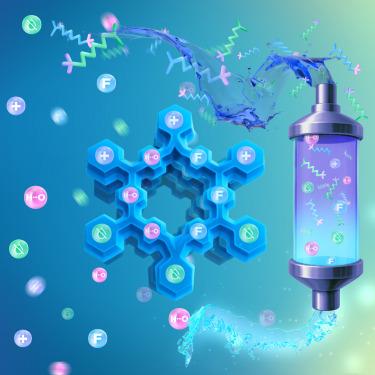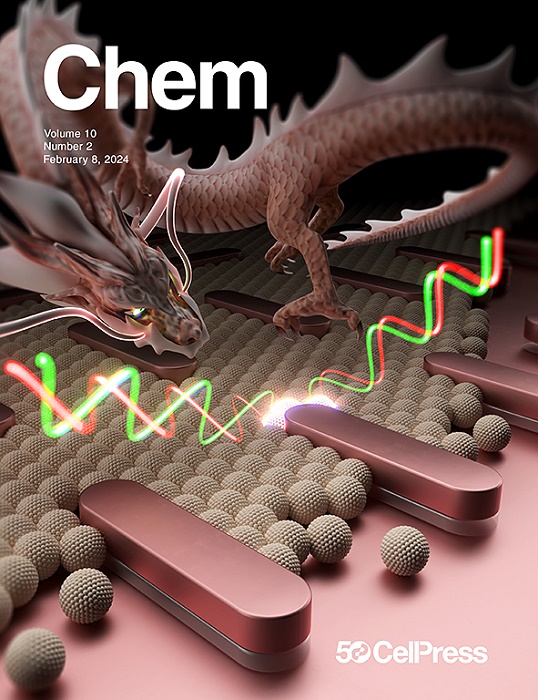Redefining forever: Advancements, challenges, and opportunities in covalent organic frameworks for the remediation of forever chemicals
IF 19.6
1区 化学
Q1 CHEMISTRY, MULTIDISCIPLINARY
引用次数: 0
Abstract
Per- and polyfluoroalkyl substances (PFAS), known as “forever chemicals,” are persistent pollutants with serious environmental and health impacts. Conventional water treatment methods often fall short of removing PFAS, prompting interest in advanced adsorbents such as covalent organic frameworks (COFs). This review explores recent advances in the development of COFs tailored for PFAS removal. The discussion focuses on key adsorption mechanisms, including hydrophobic, fluorophilic, electrostatic, and hydrogen-bonding interactions. In addition, optimizing pore size and particle size to improve the adsorption of PFAS is highlighted. The potential of COFs for practical applications is evaluated through their integration into composites, membranes, and adsorption columns, which enable continuous flow treatment. Despite promising results, challenges remain, including scalability, synthesis complexity, and realistic testing at environmentally relevant PFAS concentrations. The outline of future research directions aims to drive the advancement of COF-based solutions that have the potential to revolutionize PFAS remediation in real-world applications.

重新定义永远:进步,挑战和机遇在共价有机框架的永久化学品的补救
全氟烷基和多氟烷基物质(PFAS)被称为“永远的化学品”,是具有严重环境和健康影响的持久性污染物。传统的水处理方法往往无法去除PFAS,这促使人们对共价有机框架(COFs)等高级吸附剂产生了兴趣。本文综述了用于去除PFAS的COFs的最新进展。讨论的重点是关键的吸附机制,包括疏水、亲氟、静电和氢键相互作用。此外,还强调了通过优化孔径和粒径来提高PFAS的吸附性能。通过将COFs集成到复合材料、膜和吸附柱中来评估其实际应用的潜力,从而实现连续流动处理。尽管取得了可喜的成果,但挑战依然存在,包括可扩展性、合成复杂性以及在与环境相关的PFAS浓度下进行实际测试。未来研究方向的概述旨在推动基于cof的解决方案的进步,这些解决方案有可能在现实应用中彻底改变PFAS修复。
本文章由计算机程序翻译,如有差异,请以英文原文为准。
求助全文
约1分钟内获得全文
求助全文
来源期刊

Chem
Environmental Science-Environmental Chemistry
CiteScore
32.40
自引率
1.30%
发文量
281
期刊介绍:
Chem, affiliated with Cell as its sister journal, serves as a platform for groundbreaking research and illustrates how fundamental inquiries in chemistry and its related fields can contribute to addressing future global challenges. It was established in 2016, and is currently edited by Robert Eagling.
 求助内容:
求助内容: 应助结果提醒方式:
应助结果提醒方式:


